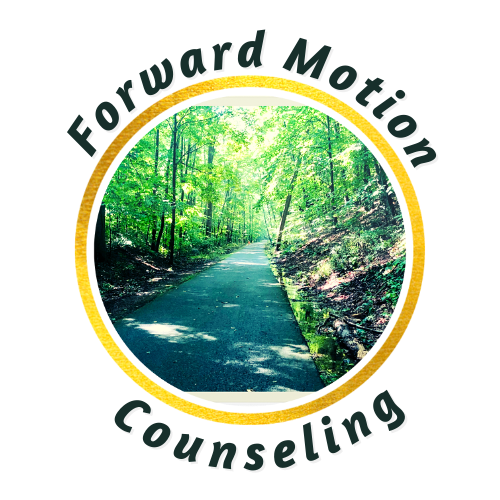Turning Fat Shame Into Advocacy
I have vivid memories of wearing sweatshirts on the beach, or spending hours in dressing rooms only to end up in tears. So much money was spent on clothing and I was never satisfied or comfortable, because I was chasing an image that didn’t really exist. When I looked in the mirror, I had body dysmorphia. Accepting my body was not an option. I had to fix my body come hell or high water. I would yo-yo diet, chase workout plans, purchase gym memberships, and spend a lot of time and energy wishing I looked different. I did not meet criteria for an eating disorder, but food and body image anxiety did consume a lot of time and energy; it took me years to understand that my relationship with both was disordered. I know that parts of this story may sound like yours.
I’m being intentionally vulnerable about my way of thinking before learning about Intuitive Eating and Health At Every Size®. It’s the story I share with clients when we are working on healing their relationships with their body, movement, and food (if they can relate and when it’s helpful) so they know they are speaking with someone who went through something similar. I write from a mid-size, white, female perspective with a BMI that’s classified as “morbidly obese.” I hold privileges with my body and cannot possibly know what it is like to exist in a body that is more marginalized than mine. My personal experiences have been the catalyst for my work: a wish to end weight stigma and support people with disordered eating.
If there is one thing I hate, it’s people beating themselves up over their bodies, or wanting to hide their bodies like I did. I was bullied at school when I was as young as 8 years old, and at parties in high school. The idea that my body was not good enough was reinforced by family members and doctors. When I was 22, I went to the University Health Center in graduate school and had a doctor ask me what my lowest weight was. I felt hot all over my body. The shame washed over me, and with a low voice and head down I replied, “135 pounds.” This female doctor firmly said, “Good, get back to that weight because that’s what it should be.”
Graduate school was a time I felt empowered. I was learning how to use my voice as a social worker. The shame I felt quickly turned into anger and I thought to myself, “What if I had an eating disorder?” This doctor could have sent me into a terrible spiral of dangerous behaviors, and I knew as a budding professional that this was very wrong. I wrote a letter to the University explaining the encounter and requesting that the doctor be reprimanded for her behavior. The school responded with an apology and informed me that there would be corrective action for the employee. This was the first time I ever stood up for myself about my weight and saw the impact of my voice.
I continued to have a deeply disordered relationship with food, exercise, and my body for many more years. With the help of colleagues who shared Health at Every Size® principles, my own reading, and professional training offered by the Association for Size Diversity and Health, I found a window into health that made so much more ethical sense, filled with compassion and rooted in social justice. This not only revolutionized my patterns with food and body-image, but I realized that this is the way I need to practice psychotherapy.
Over the last three years I have been working with more people with eating disorders. I have been guiding clients through an anti-diet approach and intuitive eating, helping them connect to body neutrality through movement, supporting athletes improve their relationship with movement, food, and their bodies, building in social justice concepts that impact our health system, and supporting real people every day with advocating for themselves with their own providers. I have been bridging together resources and other like-minded providers to help individuals struggling with eating disorders as well, as it often takes a network to recover.
Eating disorders have one of highest mortality rates of any mental illness. In Putnam County, NY where our office is located, there are not many therapists to turn to for these issues, which feeds the mental health crisis. While I fear that our culture is making us more sick with diets and the thin ideal across all demographics, I know there are many of us striving for a world that accepts all bodies. There is hope.
Shame became my motivator and although that piece of me is healed, my compassion and steadfast activism remains. I am always learning and excited for this chapter in my professional practice. Please contact 845-458-1301 to schedule a consultation or write to us. The 24/7 crisis text line has eating disorder support which you can reach out to if you are in need of immediate support.
